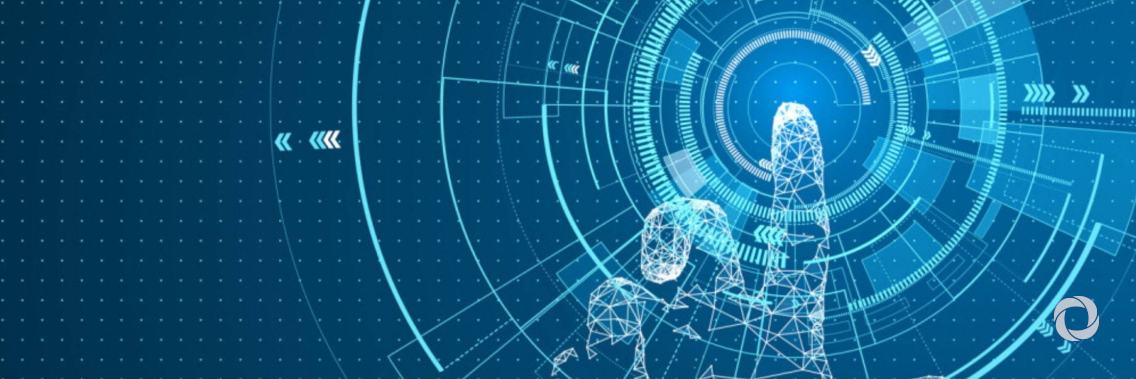Both positive and negative technological developments are jolting the world at “unprecedented speed”, the UN chief said underscoring the need to “maximize the benefits…whilst mitigating harms”.
“New technologies, and particularly digital technologies are already having a major impact on the world, affecting all our work on international peace and security, sustainable development and human rights”, Secretary-General António Guterres told the first meeting of the Group of Friends on Digital Technologies in New York.
He pointed out that while it took 50 years for electricity to reach the first 50 million users worldwide, it has taken half that time for digital technologies to reach three billion across the planet. And while the UN is engaged in many important initiatives, Mr. Guterres maintained that “they are not enough, and they are not coordinated”.
“Our thinking and action are not keeping pace with the challenge”, he asserted.
He said that the High-level Panel on Digital Cooperation – aimed at strengthening coordination between Governments, the private sector and international organizations – emphasized the need, among other things, to close the digital gap, recognize human rights in digital contexts, build cyber trust and security and agree on a new global architecture.
Beyond these immediate priorities, the UN chief urged the Group of Friends to “pursue a long-term vision”.
“We, the international community, urgently need to broaden and deepen our engagement to ensure that we are making maximum use of digital technologies, including artificial intelligence, cyber tools, blockchain and robotics while mitigating risks”, he spelled out.
Noting that digital technologies are easily accessible and have “very serious cross-border impacts”, Mr. Guterres maintained that “decisions taken at the global level will help determine whether they are used in ways that are harmful or beneficial, and how risks and benefits are distributed across the world”.
“We cannot allow digital technology to undermine our human rights and fundamental freedoms”, he spelled out. “Nor can we allow it to reinforce and amplify existing inequalities based on gender, income, ethnicity, region, development status or any other factor”.
And harnessing digital technology is essential to achieving the 2030 Agenda for Sustainable Development and the Sustainable Development Goals (SDGs).
Original source: UN News
Published on 21 November 2019

